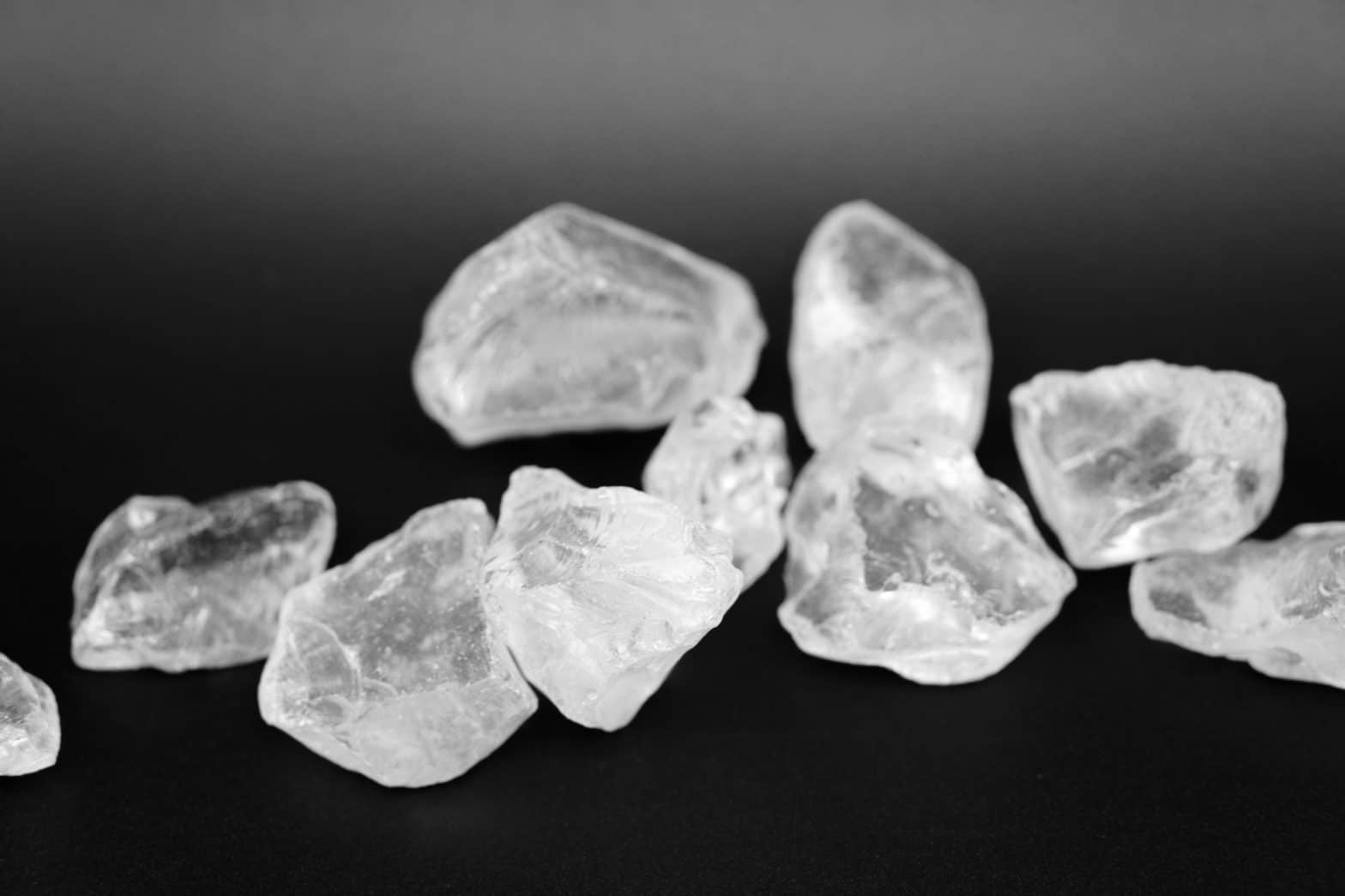Cannabis is more than just THC and CBD. Minor cannabinoids like CBN, CBG, and CBC may appear in small concentrations naturally, but their benefits are pretty major. Minor cannabinoid formulations are already hitting the shelves, and 61% of industry professionals polled by New Frontier Data said they are currently working or are likely to begin working with minor cannabinoids.
WHAT ARE CANNABINOIDS?
Cannabinoids are naturally occurring chemical compounds found in the cannabis plant. Each cannabinoid exhibits different characteristics and effects, and each one interacts with the endocannabinoid system, or ECS, found in our body. Cannabinoids found in plants, or phytocannabinoids, mimic the endocannabinoids we produce which are responsible for keeping many vital systems in balance, otherwise known as homeostasis. When our endocannabinoid system is deficient in endocannabinoids, phytocannabinoids can supplement the system and improve overall health and wellbeing.
MINORS OR MAJORS
While THC and CBD are the most commonly referenced cannabinoids, there are many others to explore. Scientists have isolated over 100 cannabinoids to date, and cannabinoids that occur in smaller quantities within the plant fall into a separate category.These compounds are called “minor cannabinoids”.
Do not let the term fool you. Minor cannabinoids are only referred to as “minor” due to their lower concentrations. Minor cannabinoids, like CBN, CBG and CBC to name a few, all carry unique characteristics and benefits that are anything but minor.
CBG-A: THE ORIGINAL CANNABINOID
Historically, minor cannabinoids have been referenced far less than THC and CBD, but the exploration of these chemicals has always existed from a scientific standpoint. CBG-A, the acidic version of cannabigerol, is often called the mother of all cannabinoids. This is because CBG-A is the cannabinoid created in the plant within early growth stages that all other cannabinoids are synthesized from.
ACIDIC CANNABINOIDS
Acidic cannabinoids, like CBG-A, carry their own unique benefits and advantages when consumed. Acidic cannabinoids can be utilized best from freshly harvested cannabis. An acidic cannabinoid like CBG-A, in order to drop its acid component, needs to undergo a process called decarboxylation. Decarboxylation can occur naturally through the heat of the sun, or be replicated through other heating processes. Once the acidic component has been removed, CBG-A turns to CBG, creating an entirely new compound with new effects. This process occurs with minor and major cannabinoids.
MINOR CANNABINOIDS TO WATCH
Minor cannabinoids are beginning to emerge into the cannabis marketplace as advantageous additives to custom cannabinoid formulations. Each cannabinoid holds its own unique benefits.
CBC
CBC, or cannabichromene, is a rare non-intoxicating cannabinoid found in cannabis plants. Cannabichromene works well with other cannabis components like cannabinoids and terpenes and holds promise in elevating mood, reducing pain, and slowing tumor growth.
CBN
CBN, or cannabinol, is a minor cannabinoid synergized as THC ages over time. Cannabinol shows promise in promoting restful sleep and sedation, as well as pain relief and appetite stimulation. CBN is a non-intoxicating cannabinoid.
CBG
CBG, or cannabigerol, naturally occurs in younger cannabis plants. Cannabigerol has shown potential in soothing inflammation, stimulating appetite, inhibiting cancer cell growth, and killing drug-resistant bacteria.
THCV
THCV, or tetrahydrocannabivarin, has minor psychoactive effects. THCV is a highly sought after cannabinoid due to its potential to reduce appetite, making high-THCV strains of cannabis ideal for weight management. THCV also has the potential to increase energy and focus.
These are only a few of the minor cannabinoids available within the cannabis plant. Through further research and development, more benefits will undoubtedly be discovered. Minor cannabinoids may also address health concerns that THC or CBD may not be able to aid on their own.
THE PRICE OF GREATNESS
Because these cannabinoids naturally occur in such small quantities, they come at a much higher price. Equipment necessary to acquire minor cannabinoids from cannabis or hemp is costly, and the amount of biomass needed is much larger than it would be to extract the same amount of CBD or THC.
Scientists are working on developing cannabis and hemp genetics which would naturally produce higher minor cannabinoid concentrations, but this work takes time and money to accomplish. Until minor cannabinoids have a higher demand, their price tag may be higher for the time being.
NEXT LEVEL FORMULATIONS
Combining minor cannabinoids with ingredients like THC and CBD, as well as terpenes, creates fully plant-based formulas that can address specific health concerns. The future of cannabis products is wide open due to the countless applications of these concentrated ingredients. One thing is for sure: these ingredients work best in tandem with other components of the plant. This is due to a phenomenon called the entourage effect, which shows that the collective benefits of cannabis chemicals are greater than their individual isolated effects.
Minor cannabinoids are one of the best ways to increase the value of a cannabis product, and businesses are starting to see the light. These chemical compounds work well with other components through the entourage effect, and can increase the overall efficacy and benefits of the product. Custom cannabinoid formulations allow for targeted applications of these cannabinoids in conjunction with cannabis-derived terpenes and CBD.
LEARN MORE
Interested in learning more about custom cannabinoid formulations for your business? Get in touch with a Groff North America team member today to start your cannabis journey.

